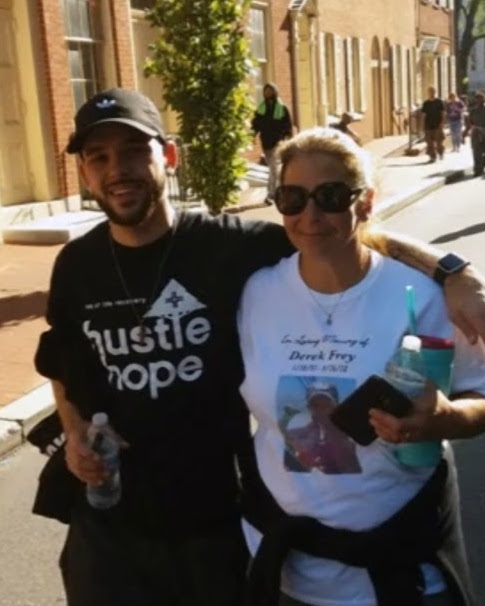
Naomi Long at (202) 669-6071
On Tuesday, Maryland elected officials will hold hearings on a new medical marijuana law that would allow terminally and chronically ill patients to use medical marijuana to ease their pain and suffering without the threat of arrest, prosecution or conviction. The bill would also protect caregivers, provide confidentiality, and address the issue of safe access.
The Maryland Compassionate Use Act (House Bill 1040), sponsored by Delegate Nathaniel Oaks, will be heard on Tuesday, March 6, at 1:00 pm at the Lowe House Building, Room 100. The Bill, if passed, will improve on a medical marijuana law passed in 2003, which does not protect patients from arrest and prosecution. Instead, the 2003 bill slaps patients with a misdemeanor conviction after they offer a medical necessity defense in court.
This year’s bills, House Bill 1040 and its companion, Senate Bill 757, would replace the current law with a statute that addresses the issues of cultivation, identification cards, privacy and confidentiality, fees, transportation and possession. The bill is based on a similar law that passed Rhode Island legislature in 2006.
“The Darrel Putman Compassionate Use Act of 2003 was a step in the right direction but patients deserve protection from harassment, arrest and trial,” said Ray Warren, former circuit court judge and current director of state policies for the Marijuana Policy Project. “This new law is supported by medical marijuana patients, Marylanders and the leading advocacy organizations,” said Warren.
The Drug Policy Alliance, Americans for Safe Access and the Marijuana Policy Project are all supporting this legislation.
“The science to support medical cannabis is overwhelming, yet the current law continues to treat patients like criminals. What seriously and chronically ill patients in Maryland need is assurance that their rights as patients will be protected.” Caren Woodson, Government Relations Director, Americans for Safe Access.
In a Washington Post article from October 2003, Attorney General Doug Gansler, then Montgomery County State’s Attorney, commented on the Darrel Putnam Act saying he hoped that terminally ill patients would never have to plead their cases in court.
“The bill does send a message to prosecutors and the law enforcement community that if someone is possessing marijuana, and doing so legitimately for medicinal purposes, then perhaps that is not where the resources of the law enforcement community ought to be implemented,” Gansler said.
A large percentage of Maryland voters agree. According to the results of a 2000 household telephone poll by the Center for Substance Abuse Research , nearly three quarters of Maryland residents support the medical use of marijuana . Seventy-three percent of those polled agreed, “physicians should be allowed to prescribe marijuana for medical use.” A 2002 telephone poll conducted by Gonzales/Arscott Research found that thirty-seven percent of respondents said they would be more likely to support a candidate who backs allowing patients to use medical marijuana, versus only 18 percent who said they’d be less likely to support such a candidate.
“Maryland residents want to see legislators be compassionate on this issue.The polling tells us that voters believe that doctors and patients should make the ultimate decision about pain relief. We know that the Maryland legislature has addressed the quality of life for patients before, but now the political will is needed to create a new law that actually protects patients,” said Naomi Long, Director of the DC Metro Office for the Drug Policy Alliance.
Medical marijuana patients are lining up to support this life-saving legislation. Irv Rosenfeld is one of the patients who will be testifying in support of the new legislation. Mr. Rosenfeld is one of five patients who receive legal supplies of medical marijuana from the federal government . Mr. Rosenfeld suffers from multiple congenital cartilaginous exostosis, a rare and painful genetic disease that causes tumors to grow at the ends of his long bones. The tumors press into Rosenfeld’s muscles, causing excruciating pain. Marijuana relieves his pain more effectively than any prescription medication with fewer side effects, allowing him to live a normal life and enjoy a successful career. Rosenfeld has been using medical marijuana daily for 31 years, receiving federally supplied marijuana for the last 20 years.


Notifications